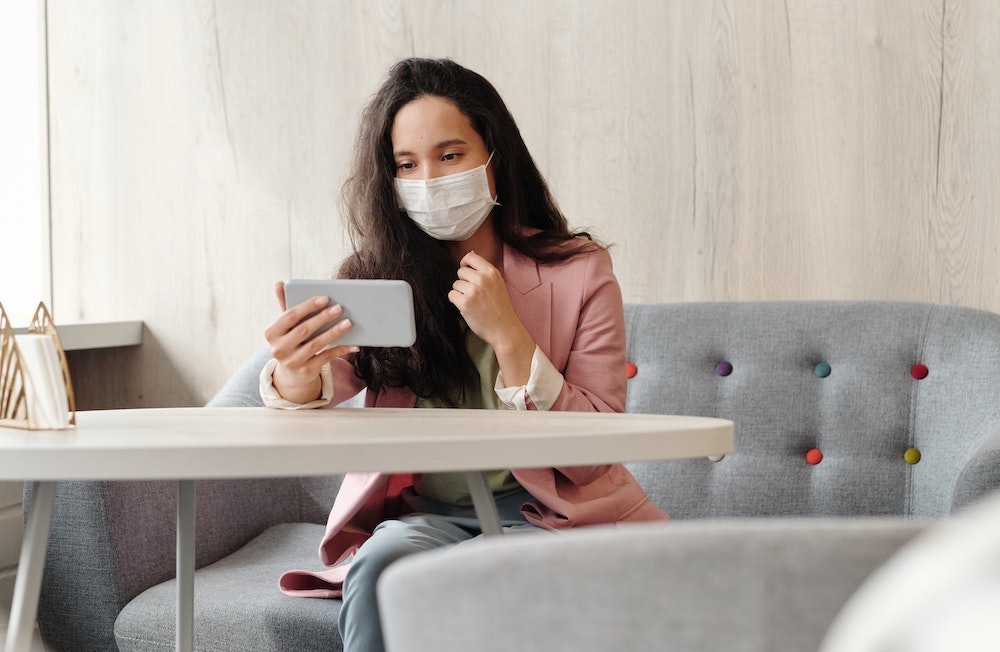Before the pandemic began claiming lives in the United States, the country was and continues to battle another epidemic: addiction and deaths resulting from overdoses. While there are still concerns surrounding the pandemic, many people worry that there may not be help available for those who need methadone and other addiction treatment assistance. But treatment for alcohol and drug addiction is available, even during these times of social distancing.
Addiction treatment centers are exempt from stay-at-home guidelines and continue to operate and assist those who are seeking services during this time. Addiction doesn’t discriminate, and it most definitely doesn’t wait for the perfect opportunity for people with addictions to choose when to find assistance.
One of the most common questions individuals with addictions ask is if they can still attend treatment during the pandemic. The simple answer is yes. During these times especially, it is critical for those struggling with addiction to find help. Here are a few of the reasons why treatment is critical during the pandemic, and ways to find the assistance you need.
Seeking treatment is critical
Detoxing from drugs or alcohol can be dangerous if you try to do it by yourself. The detoxification process can create anxiety, fear, pain, and other symptoms. Detoxing from drugs and alcohol without medical supervision may pose a higher risk of death than the risk of COVID-19.
Although going out in public or seeking admission to a center for alcohol and drug addiction may seem scary, detoxing under medical supervision is important and can be life-saving. By providing 24/7 care, trained physicians and other medically trained staff members can help make the detox process safer and more comfortable.
Drug and alcohol users may also have a higher risk of contracting the novel coronavirus that causes COVID-19. Many people with addictions have compromised immune systems, especially if they drink or smoke frequently. A compromised immune system can put you at a significantly higher risk of contracting the virus.
If you were on a methadone regimen prior to the virus, suddenly stopping treatment can increase your risk of illegal drug use. When your body suddenly stops receiving treatment, it can be deadly.
Feeling safe while in treatment
Some people are opting to not enlist the help of an addiction treatment center because they’re afraid of contracting COVID-19. However, during the pandemic, centers that offer treatment for alcohol abusers and drug abusers are taking the steps necessary for maintaining clean, safe environments. For instance, new clients in treatment centers might encounter:
- Treatment staff that is available 24 hours a day, 7 days a week to provide care for clients at all care levels.
- Intake processes that have been restructured to check all incoming clients for symptoms of COVID-19.
- Facilities that utilize additional disinfectant methods to assure that the centers are clean at all times.
- Telemedicine options that allow clients to pursue their treatment at home.
- Restrictions that limit the access nonessential staff members have with client areas and minimal or restricted visits between clients and their families.
- Alternative options to in-person family sessions, such as virtual (online) visitations.
- Temporary bans on physical contact such as hugging and handshaking.
Treatment centers take your health and safety seriously. Their goal is to provide you with the help necessary to assist with your detox and treatment and maintain a healthy recovery. To do this, they’re taking protective steps to aid in your success.
Making treatment and recovery safer
One of the most prominent lifestyle changes that occurred during the pandemic is self-quarantine. Even though parts of the United States have begun to open up and people are venturing out more, there are still people who don’t leave their homes unless it’s absolutely necessary. Still others are sick or have tested positive for the virus or think they might become sick because they’ve been exposed to someone with COVID-19.
To help people who are confined to their homes, there are treatment services that employ unique methods. In one instance, some people who typically were required to physically visit methadone clinics for daily checks and treatment might now take-home doses of methadone to last for multiple days and do their daily check-ins virtually.
Addiction professionals are also altering other treatments to fit people’s needs. For instance, support and accountability are extremely important aspects of helping recovering drug and alcohol users stay on track. Recovery speakers and organizations are offering online meetings as a way to provide such accountability.
Staying connected and reducing the risk
Many treatment centers provide recordings and guest blogs to help with different aspects of addiction, treatment, and recovery. Without social interactions, there is a risk of isolation sabotaging your efforts to get and stay sober. So, whether you opt for remote meetings or in-person meetings, it is essential that you stay connected during the pandemic.
For people who are considering treatment during the pandemic, the treatment center that you choose must follow federal and state guidelines to reduce the risk of the coronavirus outbreak. It is also important to consider a treatment center that has qualified medical professionals on-site to oversee client care in the case of an outbreak. If you choose to complete some or all of your treatment at home, it is critical that you follow the specific treatment plan provided by your provider and frequently check-in with your virtual center.



1 Comment
Pingback: Unlocking the Potential of Methadone: A Deep Dive into Medication-Assisted Treatment – Site Title